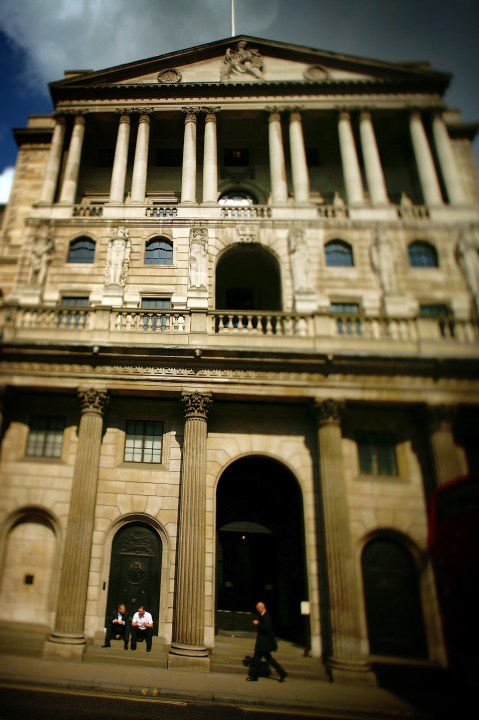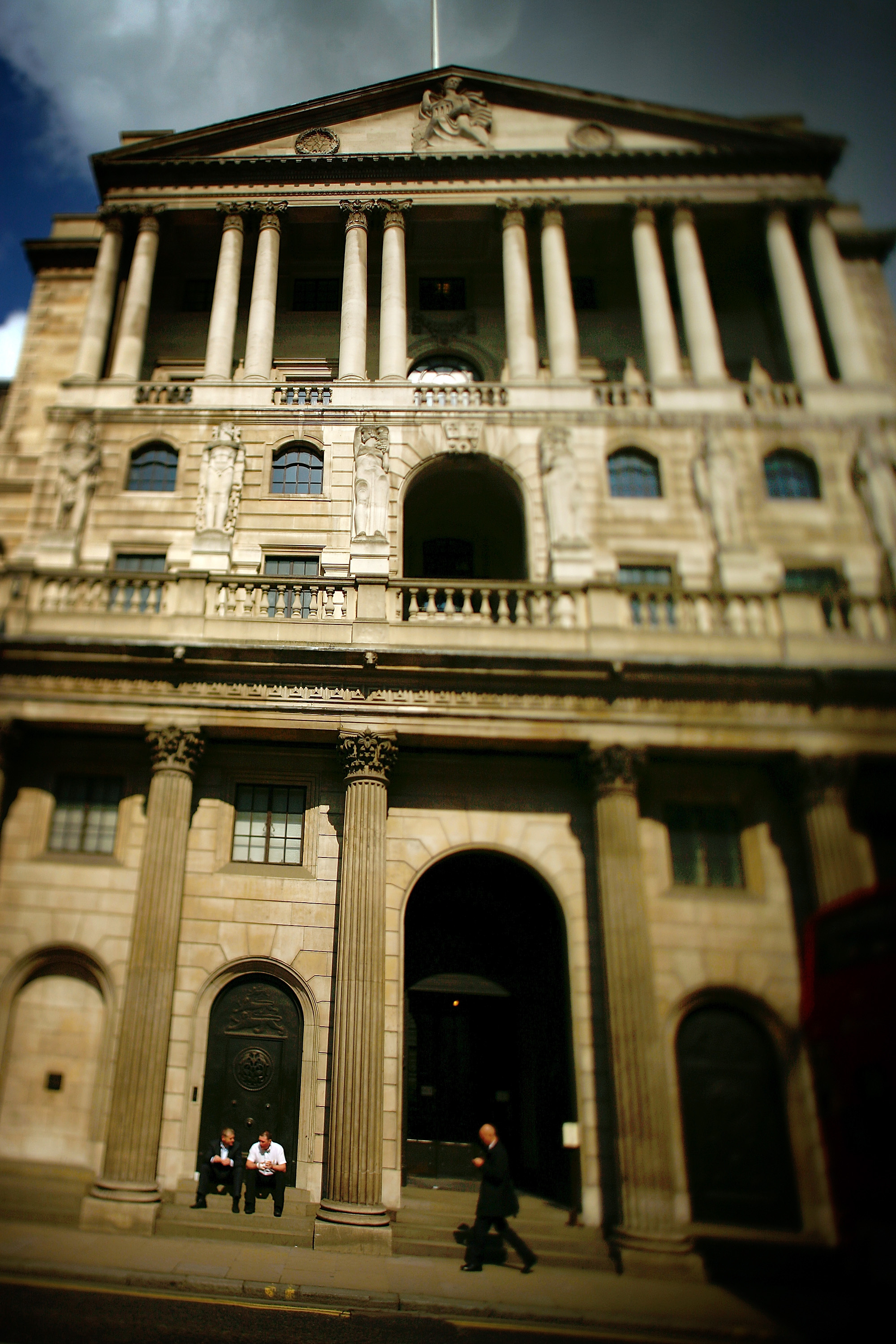 Over at his blog, Robert Peston sees the independence of the Bank of England being eroded as the recession progresses. Basically, the worry is that once the Bank embarks on quantitative easing the Treasury will have to steer monetary policy in order to safeguard taxpayers’ cash. Here’s a sizeable excerpt from Peston’s rather more detailed explanation:
Over at his blog, Robert Peston sees the independence of the Bank of England being eroded as the recession progresses. Basically, the worry is that once the Bank embarks on quantitative easing the Treasury will have to steer monetary policy in order to safeguard taxpayers’ cash. Here’s a sizeable excerpt from Peston’s rather more detailed explanation:
“Perhaps the important point is that Mervyn King and the chancellor have both made clear that it won’t be long before the Bank of England starts to use money, rather then Treasury bills, to buy corporate debt and other financial assets. At that point, even the governor would call that monetary policy.
It would be the moment when – for the purists – quantitative easing would begin (you knew I’d break my word not to use this ghastly expression). To reiterate, the Bank of England would start to buy financial assets – low-risk government bonds and higher risk corporate debt – from banks and for money
…
You’ll notice, of course, that what we’re talking about here is taxpayers paying cash for corporate debt. In a way, we’d all be lending to companies.
And because we’d be lending to companies – which brings with it the risk of loss for the Exchequer and thus for us – the chancellor feels he can’t stand idly by and give the Bank of England free rein to invest as much as it likes and in whatever way it likes.
So Alistair Darling will, I am told, set limits on how much the Bank of England could disburse when buying financial assets from banks. And he may also set guidelines on how much the Bank can spend on individual categories of debt that carry different kinds of risk (thus there’d be a maximum allocation set by the Treasury for purchasing corporate debt, another allocation for government bonds, and so on).
He feels unable to dodge doing this, because taxpayers’ money would be on the line.
However, it would mean that he would be impinging on the operation of monetary policy, as and when it takes the form of purchases of financial assets (oh yes, the infamous quantitative easing again).
Many would see this as undermining the independence of the Bank of England – almost an abandonment of the economic reform upon which Gordon Brown built his early reputation for success as chancellor more than ten years ago.
Would that matter?
Hmmm.
If this new form of monetary policy were to fail, blame would be shared with the Treasury – so perhaps the credibility of the Bank of England would be less damaged.
But it may represent a slippery slope back towards a muddying of how macroeconomic decisions are made. And some would say that the UK’s mediocre economic performance through much of the post-war years stemmed from failure to properly delineate the responsibilities of the Treasury and the Bank of England.
Or, to put it another way: when politicians were intimately involved in setting monetary policy, Britain was something of an economic loser.”
There’s some irony in the fact that Brown’s model for Bank independence – which, being inflation-centric, contributed to the debt bubble which is now bursting – may, in a roundabout way, result in the Bank losing its independence. But even if the scenario sketched out by Peston doesn’t occur, it should be a priority of the next government to clarify – or even re-work – the Bank’s role.







Comments